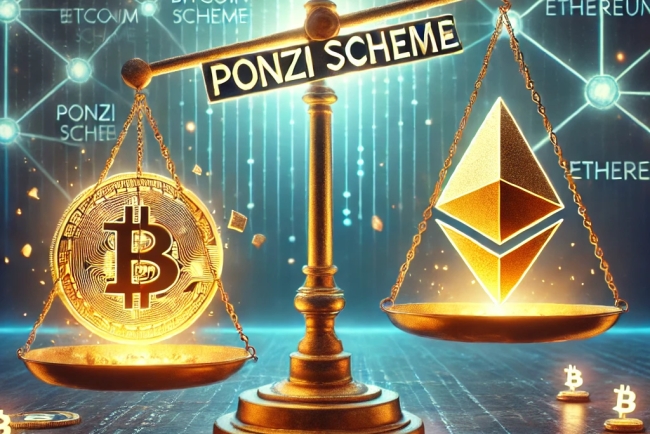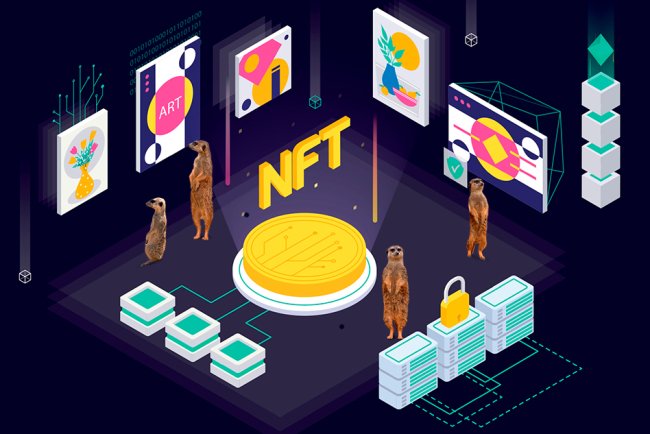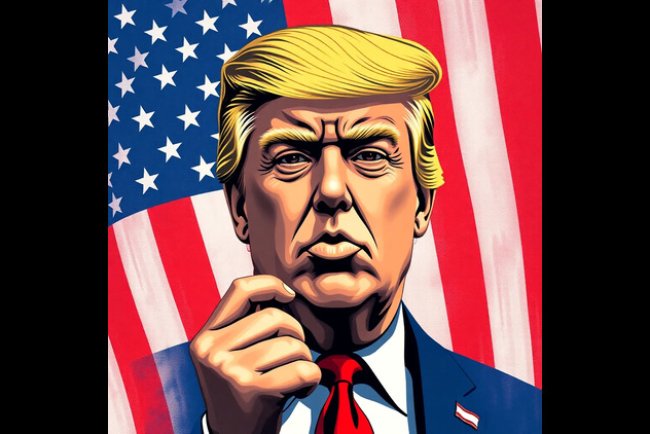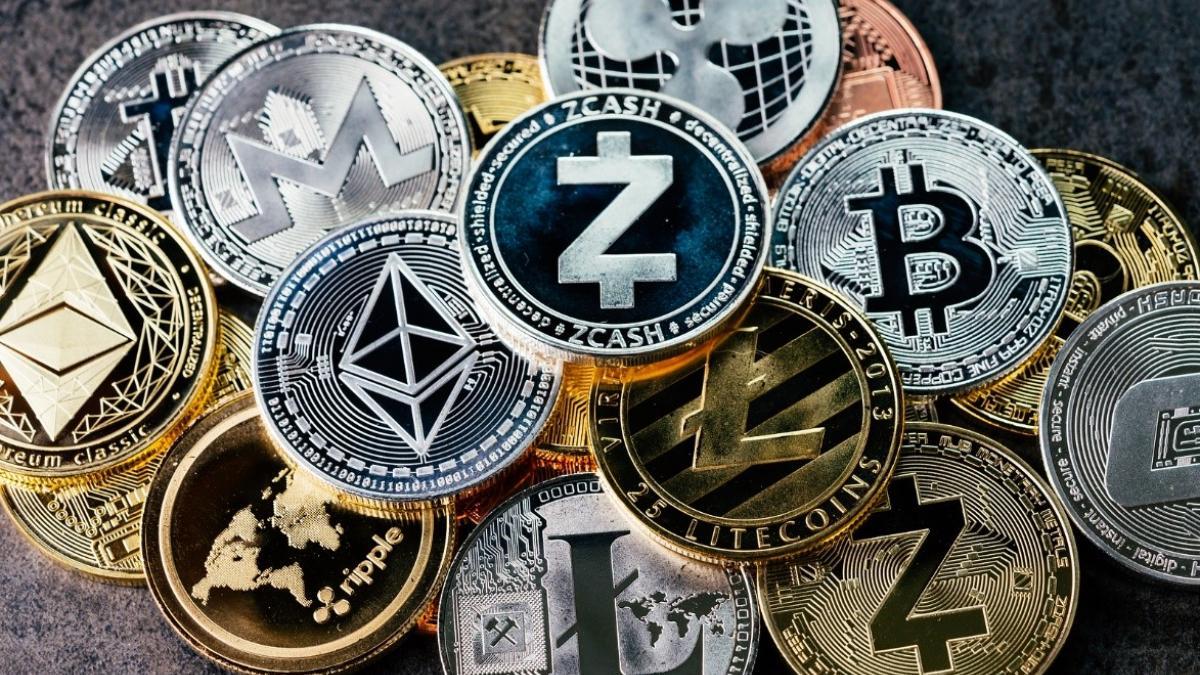OpenSea CEO vows to fight SEC’s NFT crackdown with $5 million defense fund
OpenSea CEO pledges to combat the SEC's NFT crackdown with a $5 million defense fund. Explore the implications of this bold move for the NFT market.

In a bold move that could reshape the digital asset landscape, OpenSea CEO Devin Finzer has declared war on the Securities and Exchange Commission's (SEC) aggressive regulatory approach by establishing a $5 million legal defense fund. This unprecedented step signals a critical moment of resistance for the non-fungible token (NFT) marketplace ecosystem.
The Regulatory Battleground
The cryptocurrency and NFT markets have long existed in a regulatory gray area, with government agencies increasingly seeking to establish control and protect investor interests. OpenSea's latest action represents a direct challenge to what many in the industry perceive as overreaching regulatory interpretations.
Understanding the Conflict
At the heart of the dispute lies a fundamental question: How should digital assets be classified and regulated? The SEC has been intensifying its scrutiny of NFT platforms, investigating potential securities law violations and seeking enhanced transparency.
Finzer's Defiant Stand
In a passionate statement, Devin Finzer articulated the company's position: "We are committed to defending the innovative NFT ecosystem against regulatory approaches that could potentially stifle technological innovation and entrepreneurial creativity."
The $5 Million Defense Strategy
The legal defense fund will be strategically allocated across multiple critical areas:
- Legal Research: Comprehensive analysis of existing regulatory frameworks
- Compliance Consulting: Developing robust compliance mechanisms
- Regulatory Strategy: Creating proactive approach to potential legal challenges
- Litigation Support: Preparing for potential legal confrontations
Industry Implications
This move has significant potential consequences:
- Precedent Setting: Could establish critical legal boundaries for digital assets
- Regulatory Dialogue: Forcing a more nuanced conversation about blockchain innovation
- Community Empowerment: Providing a united front against perceived overregulation
Technical Context
NFTs represent unique digital assets verified through blockchain technology, offering:
- Authenticated ownership
- Decentralized marketplace infrastructure
- Global accessibility
- Unique digital collectibility
Stakeholder Perspectives
The cryptocurrency community has largely rallied behind OpenSea, viewing the defense fund as a critical stand against potentially restrictive regulatory approaches.
Potential Outcomes
Experts anticipate several possible scenarios:
- Enhanced regulatory clarity
- Modified compliance frameworks
- Improved investor protection mechanisms
- More flexible approach to digital asset classification
Key Challenges
The primary regulatory challenges include:
- Defining precise NFT classifications
- Establishing clear compliance guidelines
- Balancing innovation with investor protection
- Creating adaptable regulatory frameworks
Investor Considerations
For those involved in the digital asset space, the recommendations include:
- Closely monitoring legal developments
- Understanding the evolving regulatory landscape
- Assessing platform compliance
- Maintaining a diversified investment approach
The Broader Context
This confrontation represents more than just a legal battle. It's a fundamental debate about the future of digital innovation, technological entrepreneurship, and the role of regulation in emerging markets.
Expert Analysis
Industry leaders suggest this could be a watershed moment for digital assets, potentially establishing critical precedents for how innovative technologies interact with regulatory bodies.
Looking Ahead
While the ultimate outcome remains uncertain, OpenSea's proactive approach demonstrates a commitment to protecting the innovative spirit of the blockchain ecosystem.
OpenSea's $5 million defense fund is more than a legal strategy—it's a statement of intent. It represents a critical moment in the ongoing dialogue between innovative technology and regulatory oversight.
Call to Action
The digital asset community is at a crossroads. Support innovative ecosystems by staying informed, engaged, and committed to responsible technological advancement.
Final Thoughts
As the regulatory landscape continues to evolve, OpenSea's bold stance serves as a reminder that innovation often requires courage, strategic thinking, and an unwavering commitment to technological progress.
OpenSea vs. SEC: NFT Regulatory Confrontation - Comprehensive FAQ
General Information
Q1: What is the primary issue between OpenSea and the SEC?
A: OpenSea is challenging the SEC's regulatory approach towards NFTs, establishing a $5 million legal defense fund to protect the NFT marketplace ecosystem from what they perceive as overreaching regulatory interpretations.
Q2: Who is leading this legal defense?
A: OpenSea CEO Devin Finzer is spearheading the initiative, committing significant resources to challenge the SEC's regulatory stance.
Q3: Why is OpenSea creating a legal defense fund?
A: To protect NFT marketplace innovation, challenge potentially restrictive regulatory approaches, and establish clearer guidelines for digital asset classification.
Q4: How much money is allocated for the legal defense?
A: OpenSea has committed $5 million to the legal defense fund.
Q5: What are the primary regulatory concerns surrounding NFTs?
A: Key concerns include:
- Proper classification of digital assets
- Securities law compliance
- Investor protection
- Defining the legal status of blockchain-based collectibles
Q6: How does the SEC view NFTs?
A: The SEC is increasingly scrutinizing NFT platforms, investigating potential securities law violations and seeking enhanced transparency and investor protection.
Q7: What exactly are NFTs?
A: Non-fungible tokens (NFTs) are unique digital assets verified on blockchain technology, representing ownership of specific digital or digital-linked items.
Q8: How do blockchain technologies impact NFT regulation?
A: Blockchain's decentralized nature creates complex regulatory challenges, as traditional financial regulations struggle to address the unique characteristics of digital assets.
Q9: What could be the potential outcomes of this legal challenge?
A: Possible outcomes include:
- Establishing new legal precedents
- Creating clearer regulatory frameworks
- Modifying existing compliance requirements
- Potentially reshaping digital asset regulation
Q10: How might this affect NFT investors and collectors?
A: The outcome could provide:
- Greater legal clarity
- Enhanced investor protections
- More transparent marketplace operations
- Potentially more stable investment environment
Q11: How are other blockchain and NFT companies responding?
A: Many are closely watching the situation, showing solidarity with OpenSea's approach and recognizing the potential industry-wide implications.
Q12: Could this impact other digital asset platforms?
A: Yes, the legal proceedings could set precedents affecting cryptocurrency, NFT, and broader blockchain-based marketplaces.
Q13: Should I be concerned about my NFT investments?
A: While the situation is evolving, investors should:
- Stay informed about regulatory developments
- Diversify investments
- Understand platform compliance mechanisms
- Consult financial advisors
Q14: How might this affect NFT valuations?
A: The outcome could potentially:
- Stabilize market perceptions
- Increase investor confidence
- Provide clearer valuation frameworks
Future Outlook
Q15: What does this mean for the future of NFTs?
A: The legal challenge represents a critical moment in defining the regulatory approach to digital assets, potentially establishing more nuanced and innovation-friendly frameworks.
What's Your Reaction?
















